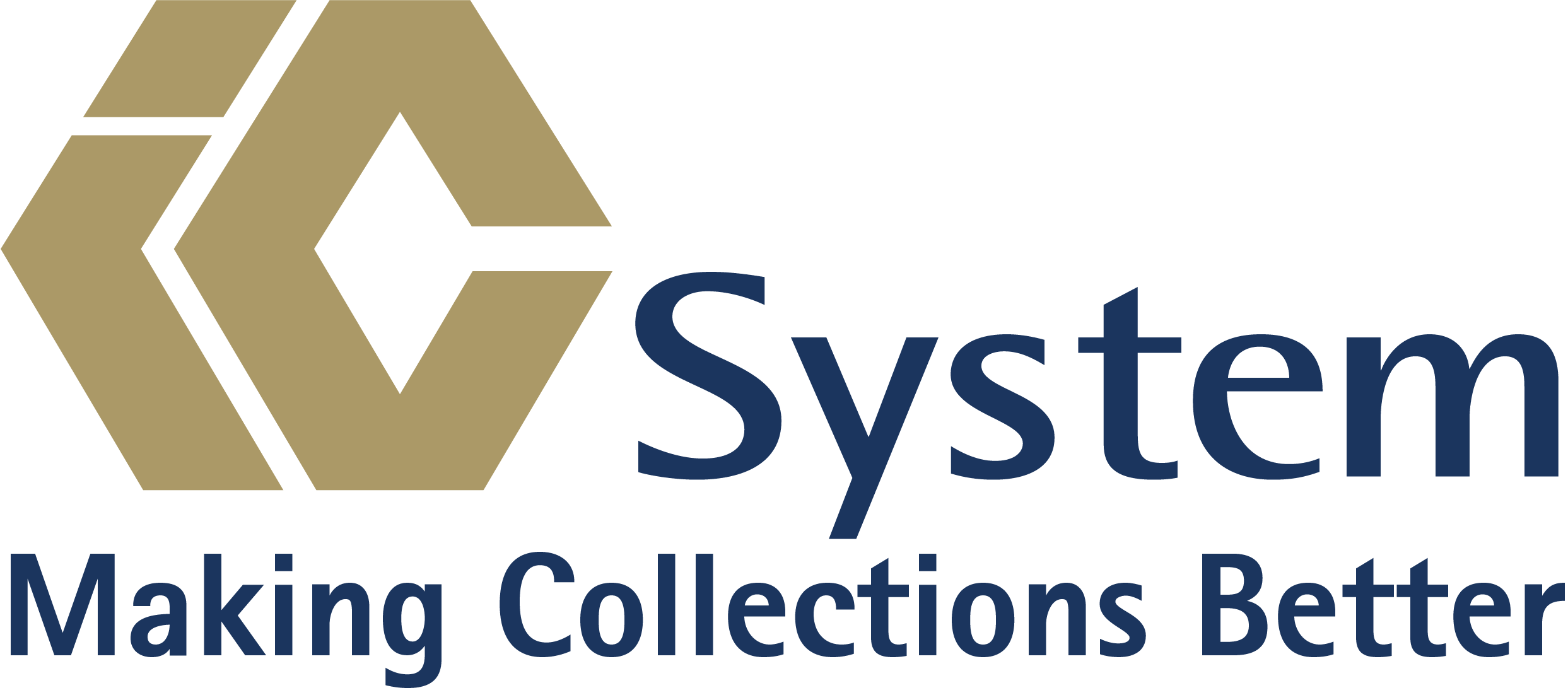Collection Agencies vs. Factoring Companies: Which is Better for Your Small Business?

Collection Agencies vs. Factoring Companies: Which is Better for Your Small Business?
Managing overdue accounts is a major challenge for small businesses, impacting cash flow and operations. When it comes to resolving unpaid invoices, two main options stand out: collection agencies and factoring companies. Each offers a different approach, so let’s explore which might be best for your business.
Small businesses often struggle with late payments, which can disrupt cash flow and hinder growth. Effective management of accounts receivable is crucial for financial stability.
Collection Agencies
Benefits: Collection agencies, like IC System, specialize in recovering debts professionally and within legal boundaries. They offer:
Expertise: Trained professionals who understand debt collection laws.
Ethical Practices: Focus on preserving customer relationships through respectful communication.
Cost-Effectiveness: They typically work on a contingency fee basis, meaning they only get paid when they successfully collect the debt.
Limitations: However, there are potential downsides:
Ongoing Uncertainty: Since there is no guarantee of collection success, this route does carry some degree of unknown return.
Variable Success Rates: Recovery rates can vary based on the age and type of debt.

Factoring Companies
Benefits: Factoring companies provide immediate cash flow by purchasing unpaid invoices at a discount. This offers:
Immediate Cash: Quick access to funds, which is beneficial for urgent financial needs.
Time Savings: Outsourcing the collection process saves time and resources.
Limitations: Consider these drawbacks:
Higher Costs: Factoring fees can be higher because they take a percentage of the invoice amount.
Customer Perception: Some customers may view factoring as a sign of financial trouble.
Key Differences
Cost Structure:
Collection Agencies: Charge based on successful debt recovery.
Factoring Companies: Offer quick cash but at a higher overall cost due to fees.
Customer Relationships:
Collection Agencies: Focus on maintaining positive customer relations.
Factoring Companies: Selling invoices may strain customer trust.
Cash Flow:
Factoring Companies: Provide immediate liquidity, crucial for urgent financial needs.
Collection Agencies: Once a business creates clear criteria for sending accounts to collections, their cash flow will improve through a stream of returns from their collection agency along with the resource savings gained by not taking time to send letters, make calls, and chase the non-paying consumer.

Choosing between a collection agency and a factoring company depends on your business’s specific needs. If preserving customer relationships and minimizing costs are priorities, a collection agency like IC System might be the better choice. However, if quick access to cash is critical and you can afford the higher costs, factoring companies could be the solution. Understanding these differences will help you make an informed decision to manage your accounts receivable effectively.
About the Author: Julian McPherson







